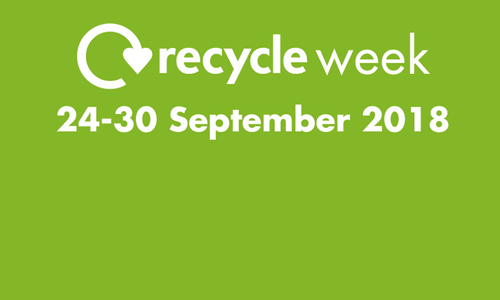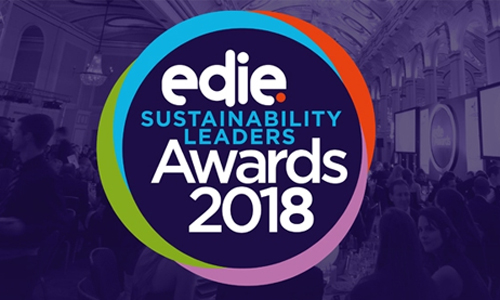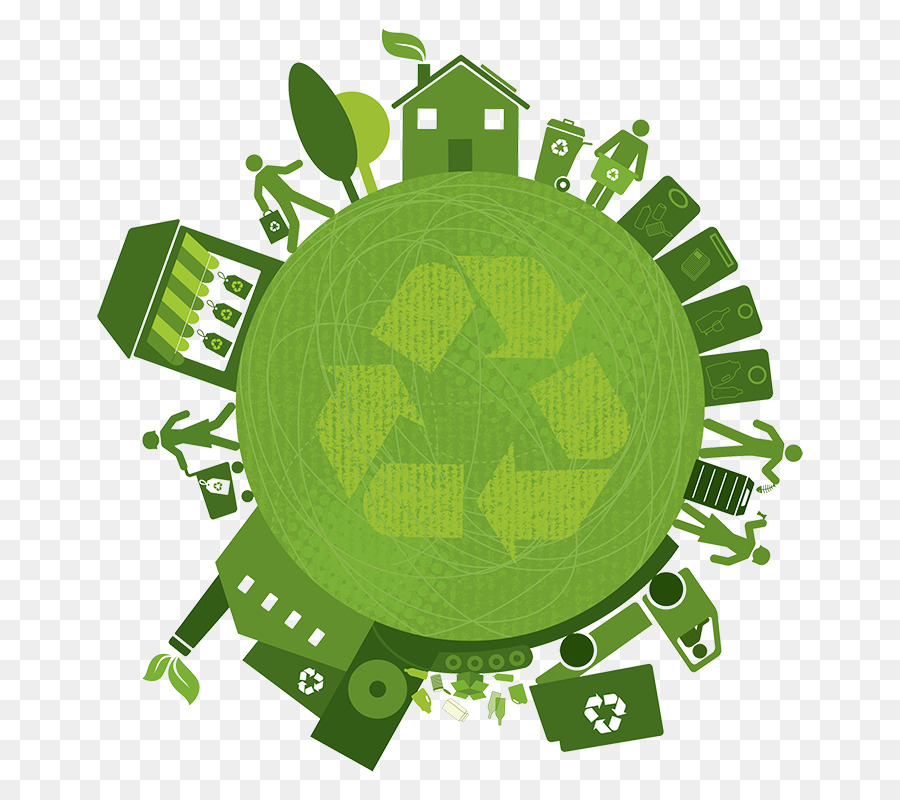How can we meet today’s needs while ensuring future generations’ prosperity in the face of climate change? Integrating the latest advancements in AI with sustainable initiatives might be the answer we were looking for.
“From start-ups to mid-sized companies to large corporations, companies are key drivers in the development of AI applications, with many now bringing AI-based solutions to market that help reduce environmental impacts, make systems and processes more resource efficient, and improve systems understanding of the environment and climate.” – Lernende Systems
PwC projects that AI will contribute an extraordinary $16 trillion to the global economy by 2030. Similarly, using AI for environmental applications might increase global GDP by 3.1% to 4.4%, all while decreasing global greenhouse gas emissions by 1.5% to 4%.
So, Where Are We in the Fight Against Climate Change?
In short – the time is ripe, and the stage is set. Now is the moment to act. According to a compelling study by Nature, AI possesses the potential to facilitate the realisation of an impressive 79% of the Sustainable Development Goals (SDGs).
AI has sometimes been perceived as a theoretical field that lacks the ability to provide practical solutions – but this is far from the truth. AI is already employed extensively for data analysis, simulation, testing, logical reasoning, learning, prediction, and adaptive capabilities. The result? These capabilities have the potential to drive companies and societies towards achieving greater energy efficiency and decarbonisation.
AI is a formidable catalyst in streamlining management processes across critical sectors such as agriculture, water, energy, and transportation. BCG surveyed global public and private sector leaders in climate change and AI, concluding that 87% believe advanced analytics and AI are perceived as valuable tools in combatting climate change.
Without a doubt, the most successful businesses are always exploring how they can integrate technology to improve productivity, customer satisfaction and improve bottom-line results. McKinsey predicts that by 2030, 70% of all businesses will have adopted AI-powered solutions to optimise operations and increase productivity. And sustainability represents one of the most important aspects.
So, in the context of sustainability, what are the key areas where AI will have a transformative impact? Briefly, these are:
- Enhancing Data Analysis
- Assessing Environmental Footprints
- Streamlining Energy Efficiency
Let’s discuss them more in the following sections.
Enhancing Data Analysis
AI reshapes sustainability data analysis, making it simple for organisations to monitor emissions across their whole carbon footprint. Predictive AI helps predict emissions in the future, which is helpful in establishing realistic goals. Prescriptive AI and optimisation also provide insights to simplify procedures and boost manufacturing and transportation efficiencies, both of which help cut down on carbon emissions.
Ever heard of the World Environment Situation Room (WESR)? It’s an innovative digital platform launched by UNEP in 2022 that testifies to AI’s transformative power in analysing intricate and multi-layered data sets. With the robust backing of a consortium of partners, WESR serves as a sophisticated curator, aggregator, and visualiser of high-quality earth observation data and sensor input. Thus, the platform provides near real-time analysis and future predictions on an array of critical indicators, including atmospheric CO2 concentration, shifts in glacier mass, and sea level fluctuations. It’s like having a supercomputer dedicated to protecting our environment!
Assessing the Environmental Footprint
According to a whitepaper co-authored by IDC and Baidu titled “Smart Carbon Emission Reduction, Inspire the Transformation to Green Energy,” AI technology is expected to provide up to 70% of carbon emission reductions by 2060. From now until 2060, this equates to a decrease of more than 35 billion tonnes of carbon emissions.
But how? Well, AI can compute product footprints across their entire lifecycles and supply chains, enabling businesses and consumers to make enlightened and impactful decisions. And this granular data becomes indispensable for effectuating sustainable digital nudging on leading e-commerce platforms such as Amazon.com, Shopify, and Alibaba.
Streamlining Energy Efficiency
Insights from McKinsey indicate that AI has the potential to substantially reduce energy consumption in the logistics and transportation sectors, with estimated decreases ranging between 15% to 20%. AI bolsters the predictability of demand and supply for renewables across a decentralised grid, enhances energy storage, efficiency and load management, and aids in the integration and reliability of renewable sources.
But there is more – a Gartner report postulates that by 2025, AI and ML-integrated robots could be instrumental in enhancing the operating efficiency of 50% of cloud data centres, with an astonishing upswing of up to 30%.
Bottom Line
It’s not just wishful thinking or idle talk, companies of all sizes, from start-ups to large corporations, are actively driving the development of AI applications that reduce environmental impacts, enhance resource efficiency, and improve our understanding of the environment and climate.
But it’s not just about numbers and statistics – it’s about action and innovation. The goal here is to refine AI technology further, transforming it into an influential instrument for addressing environmental, social, and governmental issues.
As UN Secretary-General Ban Ki-moon once said, “Sustainable development is the pathway to the future we want for all. It offers a framework to generate economic growth, achieve social justice, exercise environmental stewardship, and strengthen governance.”











